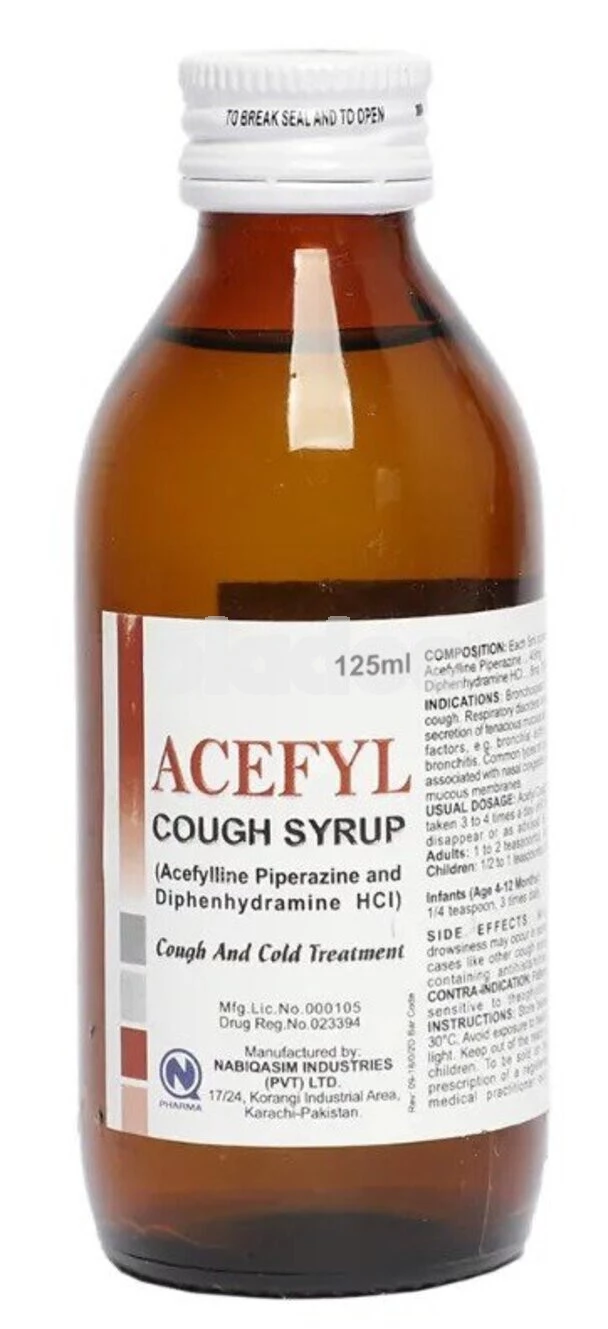Are you always feeling cold? Are your hands and feet always chilly even when you try your best to keep them warm? It can be due to vitamin deficiency. A lesser-known consequence of vitamin deficiency is that you are likely to feel cold even in warm environments. Being aware of the symptoms of nutritional deficiencies can help detect the underlying cause. By identifying specific vitamin deficiencies, you can take proactive steps to address their nutritional needs and alleviate the sensation of coldness. Severe vitamin deficiencies can be dangerous and cause other health issues.
Table of Contents
How Thermoregulation Works?
Your body regulates temperature through the process of thermoregulation. It allows your body to keep your temperature within normal range regardless of external factors. Various bodily functions, such as sweating and shivering, play a key role in maintaining your body temperature. Various vitamins are important for regulating your body temperature; hence a vitamin deficiency can make you feel colder than usual.
What Vitamin Deficiency Causes You To Feel Cold?
Some vitamins can cause many symptoms including making you feel cold. Vitamin deficiencies can manifest into physical symptoms and cause health issues. Following are some vitamins that may cause you to become cold:
1. Vitamin B12
A usual symptom of Vitamin B12 deficiency is feeling cold. Vitamin B12 helps make red blood cells carry oxygen throughout your body. It occurs because your tissues do not get enough oxygen to keep your body warm. If you do not treat your Vitamin B12 deficiency, it can result in anemia.
Anemia occurs when your body is not producing enough red blood cells, making you feel colder than others around you. Vitamin B12 deficiency can also have other symptoms including headaches, breathlessness, loss of appetite, indigestion, eyesight problems, and diarrhea. If you face any of these symptoms in addition to being chilly all the time, an Internal Medicine Specialist in Lahore can help you with its treatment.
Causes of Vitamin B12 deficiency
Your diet is crucial in determining whether you get enough vitamins or not. You may have a Vitamin B12 deficiency if your diet does not contain Vitamin B12. Those who are vegetarian are at higher risk of this deficiency as most meat sources are rich in this vitamin.
Moreover, certain surgeries like bariatric surgery can hinder your body’s ability to absorb nutrients and cause a deficiency. Additionally, some medications can also be a reason for B12 deficiency. B12 deficiency can also happen if you are suffering from pernicious anemia, which is an autoimmune condition that attacks red blood cells.
Sources of Vitamin B12
Vitamin B12 is dominant in several types of meats. A few food sources for getting your Vitamin B12 are:
- Fish and shellfish
- Red meat
- Dairy products
- Poultry
- Eggs
In some cases, you may need Vitamin B12 from more than just your diet. Your doctor may recommend taking supplements for these vitamins.
2. Iron
Iron is a mineral responsible for creating hemoglobin in your red blood cells. Hemoglobin allows the distribution of oxygen through your body. Iron is also present in many body enzymes that support many cell functions, including producing energy.
It also supports your immune system and helps your body fight off infection. Taking enough iron is also vital for a healthy pregnancy as it prevents iron deficiency anemia. Iron deficiency can be serious and its symptoms include fatigue, lower immunity, weakness, reduced energy, and cognitive problems. It can also cause a learning disability in children.
Causes of iron deficiency
If your body does not produce iron to make hemoglobin, it may be due to iron deficiency anemia. There can be various causes behind iron deficiency. One of the causes of iron deficiency is losing blood. In addition to blood loss, you may also lose iron in the process, which is why women are at higher risk of this deficiency as they lose blood during menstruation.
Like all other nutritional components, you may also not get enough iron because you are not eating iron-rich foods. You may also face an iron shortage if your body cannot absorb enough iron from food, such as celiac disease. Pregnant women have a higher risk of lack of iron because they need more iron for the increase in blood volume due to the pregnancy.
Sources of iron
Preventing iron deficiency anemia is essential to maintain good health. The best food sources for iron are:
- Red meat
- Chicken
- Dark leafy green vegetables
- Dried nuts
- Peas
- Beans
- Seafood
Meat is one of the top sources of iron as your body absorbs the most iron from it. Those on a plant-based or vegetarian diet should increase their intake of iron-rich fruits and vegetables to get enough iron. Eating foods rich in Vitamin C can also improve iron absorption, so adding them to your diet may resolve your issue of feeling cold. Iron supplements can also help prevent iron deficiency.
What else can make your body colder?
While vitamin deficiency can be a viable reason for feeling cold, it may not be the only reason. There are various factors that may throw off your internal temperature.
Hypothyroidism
Hypothyroidism occurs when you have an underactive thyroid. When your thyroid gland is not producing enough thyroid hormones, it can slow down the normal functions of your body. Apart from the cold feeling, hypothyroidism can cause weight gain, fatigue, dry skin, joint pain, slow heartbeat, and many other symptoms. Getting treatment for it can prevent making you feel colder.
Diabetes
Diabetes is a medical condition that occurs when you have high blood sugar. It happens when your pancreas is unable to produce insulin, which is crucial for breaking down glucose in your body. It can negatively affect the oxygen circulation in your body by constricting your blood vessels which can make you feel chilly. Diabetes is a life-long condition and does not have a cure, but you can manage its symptoms through medication.
Sleep deprivation
Sleep is essential to maintain the functioning of your body. Not getting enough sleep can impact the temperature-controlling hormones in your body and make you feel cold, in addition to other issues like moodiness and fatigue.
Anorexia
Anorexia, also known as anorexia nervosa, can also drop your body temperature. It is a condition that can result in loss of appetite. It can occur due to critical illnesses like cancer, or it can occur due to mental health issues. You may miss meals or avoid eating to keep your weight low. This condition can cause a decrease in your body temperature due to poor oxygen circulation in your body. The treatment for this disorder depends on the cause, but therapy may be essential to make you feel better.
Raynaud’s syndrome
Raynaud’s Syndrome is a medical condition that narrows the blood vessels in your extremities, like hands and toes, and makes them numb and cold. There are primary and secondary types of Raynaud’s syndrome.
There is no identified cause of the primary type, but the secondary type can occur due to an underlying health issue. Staying warm may help you with the condition. It is best to consult a doctor for this and get treatment because recurrent episodes can cause gangrene or skin sores. It can take some time before your blood flow resumes its normal operation.
Conclusion
Feeling cold without a reason sometimes is not a cause of concern, however, if you are always feeling chilly while others around you are not, it can be a sign of a vitamin deficiency. Your body regulates temperature through thermoregulation, which aims to keep your body temperature in a healthy range. When your thermoregulation is disturbed, you may feel chilly.
Vitamin B12 deficiency is one of the leading causes of feeling cold. It can accompany other symptoms and can be harmful to your health if you do not get treatment. Diet, medical conditions, and medication interactions are usually the reason behind this deficiency. You can take Vitamin B12 through food or take supplements to prevent or treat this deficiency.
Iron is a mineral that can leave you feeling cold if you do not have enough of it. Iron deficiency can also result in anemia and you should consult a doctor for treatment. Iron deficiency occurs due to diet, blood loss, poor iron absorption, or a few diseases. You can increase iron by eating foods that are filled with iron or you can take supplements for it. You should consult a doctor before taking any supplements to prevent overdose or other health concerns.
Besides vitamin deficiency, many other issues can also drop your body temperature. Illnesses, such as diabetes, anorexia, hypothyroidism, and Raynaud’s Syndrome can make you feel colder than usual. It can also occur if you do not get proper sleep. All these can disrupt the oxygen circulation in the body and leave you cold.
If you have any deficiency symptoms, a doctor may suggest taking multivitamins or other supplements to treat it. If any other issue is causing you to feel cold, you should get treatment from a qualified doctor. Ignoring deficiency signs can be problematic in the long run and contribute to other issues. It is also vital for pregnant women to consult their doctor regarding deficiencies so that they can be resolved.










